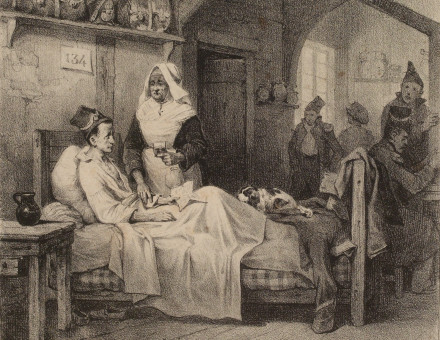Anti-Slavery and the French Revolution
Robin Blackburn describes how the message of liberte, egalite, fraternite, acted as crucial catalyst for race and class uprisings in Europe's Caribbean colonies.
The British pride themselves on their pioneering contribution to anti-slavery, the French argue about their Revolution, the Americans often write better about both these subjects than the Europeans. But neither British, nor French, nor American historiography yet does justice to the revolutionary contribution made by the French slaves to their own liberation in the 1790s – historians too often represent abolitionism as a white, Anglo-Saxon, Protestant affair.
Slave emancipation was invariably and understandably an occasion for self-congratulation in the history of the major Atlantic states. Yet the optic of national history fails to register the way in which abolitionism served to demonstrate public virtue and attract popular support in an age of revolutionary war that showed no respect for frontiers. The critical breakthroughs for anti-slavery reflected a cosmopolitan class struggle which, as William Blake put it in his poem 'America' (1793), made 'the Atlantic mountains tremble'.





